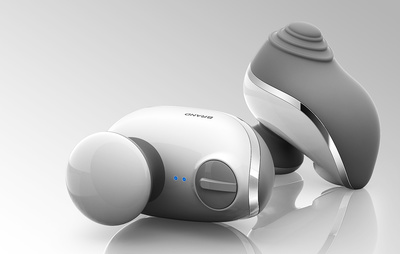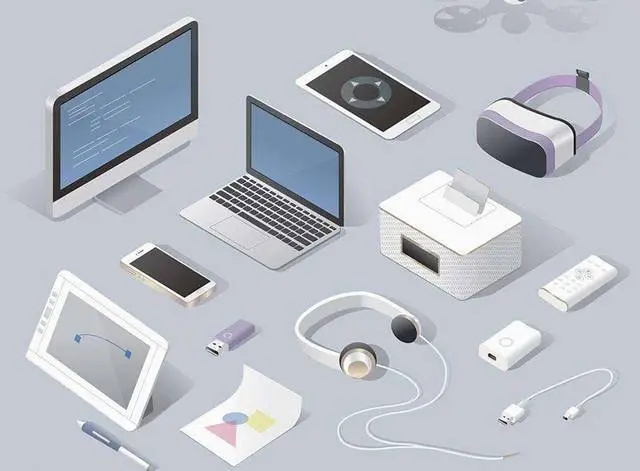In a world where innovation drives success, businesses are increasingly turning to custom electronics manufacturing to create unique products tailored to their specific needs. Unlike off-the-shelf solutions, custom electronics allow companies to design devices that align perfectly with their goals, whether it’s targeting a niche market, improving product performance, or strengthening brand identity.
This blog explores the concept of custom electronics manufacturing, its benefits for businesses, and how to successfully collaborate with manufacturers to bring your ideas to life.
- What Is Custom Electronics Manufacturing?
Custom electronics manufacturing is the process of designing, prototyping, and producing electronic devices tailored to specific customer requirements. This contrasts with mass-market products, which are built with standard specifications to appeal to a broad audience.
Key elements of custom manufacturing include:
Hardware Customization: Selecting specific components such as processors, sensors, or displays to meet technical needs.
Firmware and Software Development: Creating custom code or integrating unique software to enhance device functionality.
Product Enclosure Design: Developing unique shapes, colors, or branding for the device casing.
Custom electronics manufacturing is particularly popular in industries like IoT, wearable tech, medical devices, and industrial automation, where differentiation and performance optimization are essential.
- Why Choose Custom Electronics Manufacturing?
The advantages of custom electronics manufacturing go beyond simply having a unique product. Businesses can benefit in the following ways:
2.1 Market Differentiation
In a competitive market, standing out is crucial. A custom device allows businesses to offer unique features or designs that competitors cannot replicate. For example:
A fitness tracker company could add specialized sensors for hydration tracking.
A gaming accessory brand could design ergonomic controllers tailored to esports players.
2.2 Optimized Performance
Custom devices can be designed to perform optimally in specific environments or applications.
For example, custom-built industrial sensors can withstand extreme temperatures or vibrations in manufacturing plants.
2.3 Scalability Options
Custom manufacturing enables businesses to start with small production runs for testing and scale up as demand grows. This is especially valuable for startups entering new markets.
2.4 Cost Efficiency in the Long Term
While initial development costs may be higher, custom electronics eliminate unnecessary features found in off-the-shelf products, reducing material and production costs over time.
- The Role of Custom Electronic Prototyping
Prototyping is a critical phase in custom electronics manufacturing. It allows businesses to test their ideas and refine their designs before committing to mass production.
3.1 What Is Prototyping?
Prototyping involves creating a working model of an electronic product. This could include:
Functional prototypes to test performance.
Visual prototypes to evaluate aesthetics.
Engineering prototypes to assess durability.
3.2 Benefits of Prototyping
Identify and Fix Issues: Catch design flaws early, saving time and money.
Validate Market Demand: Test the prototype with potential customers to gather feedback.
Optimize Design: Make adjustments based on testing results before final production.
- Partnering with a Manufacturer for Custom Electronics
Finding the right manufacturing partner is crucial for the success of your custom project. Consider the following steps:
4.1 Identify Manufacturers with Relevant Expertise
Search for manufacturers with experience in your product category. For example:
IoT devices: Look for manufacturers skilled in wireless communication technologies.
Wearable devices: Seek expertise in miniaturization and durability.
4.2 Leverage a Sourcing Agent in Asia Electronics Markets
A sourcing agent can help identify reliable manufacturers, negotiate contracts, and oversee production. Their knowledge of the Asia electronics landscape is invaluable for accessing top-tier suppliers.
4.3 Evaluate Prototyping Capabilities
Ensure the manufacturer offers robust custom electronic prototyping services, as this phase is key to refining your product.
- Case Study: A Custom Electronics Success Story
Client: A US-based startup specializing in smart home devices.
Challenge: Design a smart thermostat with unique AI features for energy savings.
Solution: The startup partnered with a custom electronics manufacturer in Shenzhen that:
Created a functional prototype within 4 weeks.
Integrated AI algorithms for learning user preferences.
Delivered 10,000 units for the product launch within 6 months.
Result: The product became a best-seller, capturing significant market share in the smart home category.
Custom electronics manufacturing empowers businesses to create innovative, market-leading products. By combining tailored hardware, software, and design, companies can differentiate themselves, improve performance, and achieve long-term success. Whether you’re a startup or an established brand, partnering with experienced manufacturers and leveraging services like custom electronic prototyping will help bring your vision to life.






